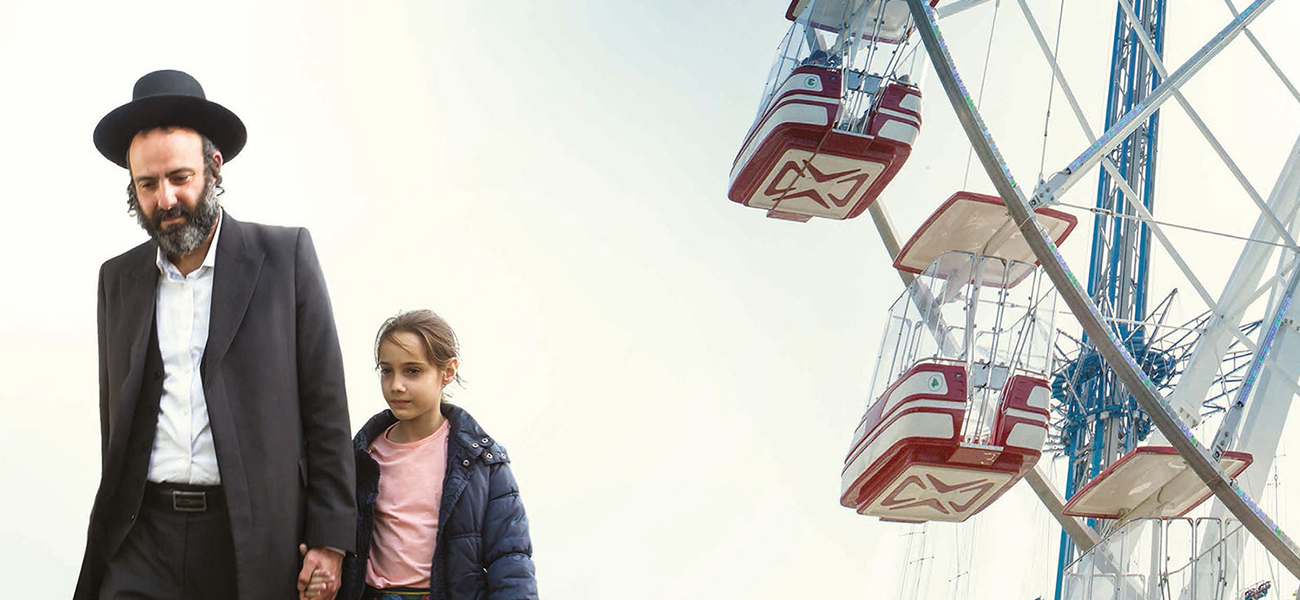
With each year, the Baton Rouge Jewish Film Festival aims to make connections via its roster of movies
Ara Rubyan says Baton Rouge’s entire Jewish population could probably fit inside the coffee shop where we met for our interview. “Seriously,” he says.
Rubyan co-chairs the Baton Rouge Jewish Film Festival, which started in 2007 and aims to bring cultural awareness and understanding of Jewish life to the Capital City.
“We’re in the South,” Rubyan says. “Unless you live in one of the big cities, you’re not going to bump up against a lot of Jewish people.”
|
|
Rubyan says the first question people ask him about the festival is: What makes a Jewish film? The answer: It depends. The film may be by a Jewish filmmaker, about a Jewish person or set in a Jewish city. But when screening dozens of potential films for the festival each year, Rubyan tends to look for more of a feeling than any hard criteria. “You know it when you see it,” he says.
“We wanted to show these films as a way for people to make a connection, to sit in a theater and watch a film where you go, ‘You know what? I’ve faced a problem like that before,’” Rubyan says. “‘That happened to me, and now, I want to see what that guy does.’”
For this year’s event, organizers have selected three documentaries and one feature film to screen.
The first, Big Sonia, is a documentary about a Holocaust survivor in her 90s whose tailor shop is the only surviving store in a Kansas City mall. On the side, she gives motivational speeches at prisons, speaking earnestly about rising above her circumstances.
“We’re to a point now where we don’t want to just show a movie about what happened during the Holocaust; we want to show more movies about what happened to the people after and what happened to their kids,” Rubyan says.
The second film, The Mossad: Imperfect Spies, is a documentary that contains several former heads of the Mossad—“the CIA of Israel”—and the missions they conducted over the years.
The next, Itzhak, is about the life of Itzhak Perlman, the world-famous Israeli-American violinist who has polio. Many years ago, Rubyan took his daughter to see Perlman perform live, an experience he says he’ll never forget.
“He comes out on these crutches, and he has massive upper body strength because he’s been holding himself up his entire life on these crutches,” Rubyan says. “The immediate impression I had was that this guy’s incredibly powerful. But when he plays the violin, he’s got a very light touch.”
The last film, The Driver, is a feature film about an Orthodox Jewish man who drives beggars to knock on doors asking for money and splits the money with them—a twist considering notions about Orthodox Jewish life. “It’s extremely strict, observant and devout, and here’s this guy that’s a con man,” Rubyan says.
Proceeds from donors and ticket sales go toward the film festival’s Holocaust Education Fundraiser that sends teachers from East Baton Rouge Parish high schools and junior high schools to the Belfer National Conference for Educators in Washington, D.C., at the Holocaust Museum.
“It’s one thing to show movies and entertain people,” Rubyan says, “but the legacy of what we’re doing is that a teacher teaches a kid who someday may grow up and be the deciding vote in a matter that relates to human rights. Long after people have forgotten the films, we will have made an impact on the teachers and the children that they teach.”
This article was originally published in the January 2019 issue of 225 Magazine.
|
|
|
